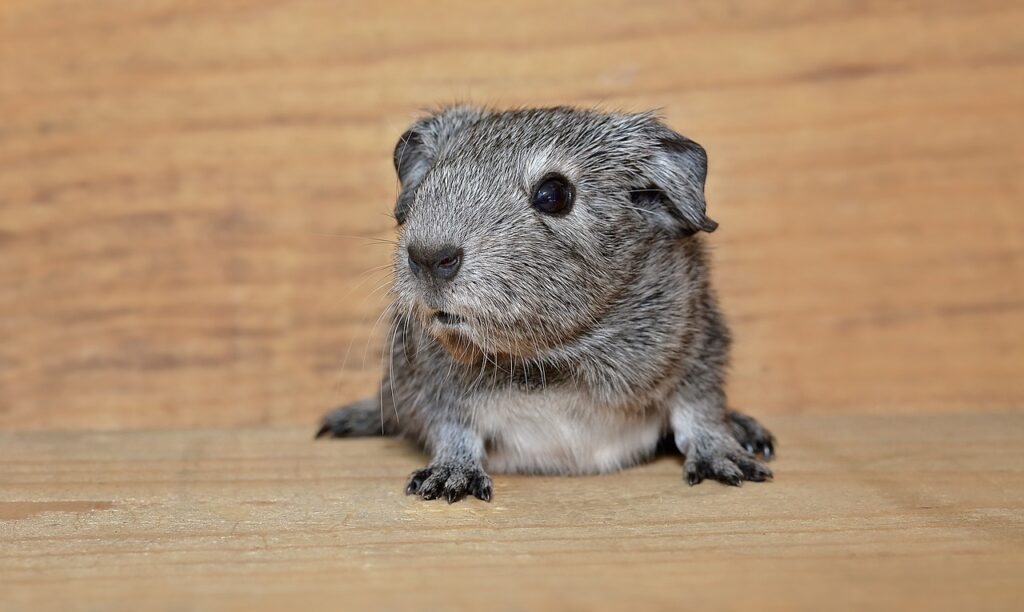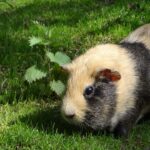Can Guinea Pigs Eat Coriander? — Exploring the Benefits and Considerations
Guinea pigs are adorable and friendly little pets that bring joy to our lives. As pet owners, it’s crucial to ensure their diet is suitable and provides them with the necessary nutrients for optimal health. When it comes to coriander, also known as cilantro, you might wonder if it’s a safe food choice for your furry friend. Let’s explore the benefits and considerations of feeding coriander to guinea pigs.
Health Boosts for Guinea Pigs
Coriander offers several advantages for the overall well-being of guinea pigs. This aromatic herb is packed with essential vitamins and minerals, including vitamin C, vitamin K, and manganese. These nutrients play a vital role in supporting the guinea pig’s immune system, promoting healthy bones, and facilitating proper blood clotting.
Additionally, coriander contains antioxidants that help combat free radicals in the guinea pig’s body, reducing the risk of cellular damage and chronic diseases. Including coriander in their diet can contribute to a stronger and healthier pet.
Nutritional Enrichment
Introducing coriander to your guinea pig’s diet can bring a burst of nutrients to their meals. Whether added as a small handful to their regular pellets or alongside fresh veggies, coriander provides a flavorful and nutritious addition.
- Vitamin C: Coriander is an excellent source of vitamin C, an essential nutrient that guinea pigs cannot produce on their own. The inclusion of coriander in their diet helps prevent scurvy — a potential health condition caused by vitamin C deficiency in guinea pigs.
- Vitamin K: This herb is also rich in vitamin K, which aids in proper blood clotting and supports bone health.
- Manganese: Coriander contains manganese, a mineral that contributes to healthy metabolic function and assists in the formation of connective tissues.
Recommended Quantity and Frequency
While coriander offers numerous health benefits, it’s essential to provide it to your guinea pig in moderation. Too much coriander can lead to digestive issues, including diarrhea or upset stomach. As a general guideline, offer coriander as a small portion, around one to two tablespoons, every 2–3 days, alongside a balanced diet of hay, fresh vegetables, and guinea pig pellets. Observing your guinea pig’s response and adjusting the amount based on their individual tolerance is always recommended.
Potential Cautions
Though coriander is generally safe for guinea pigs, there are a few precautions to keep in mind. Some guinea pigs may have individual sensitivities or allergies to coriander. Watch for any signs of discomfort or allergic reactions, such as itching, excessive sneezing, or difficulty breathing. If you notice such symptoms, it’s advisable to discontinue feeding coriander and consult with a veterinarian.
Suitable for Other Pets?
While guinea pigs can enjoy the nutritional benefits of coriander, it’s important to note that not all pets can safely consume this herb. Other small mammals, such as rabbits and hamsters, can also enjoy coriander in moderation. However, it is crucial to research and ensure the food’s safety before introducing it to any other pet.
Conclusion
In conclusion, guinea pigs can safely consume coriander as part of a balanced diet. This flavorful herb provides several essential vitamins and minerals, supporting their immune system, bone health, and overall well-being. Remember to offer coriander in moderation to avoid any potential digestive issues, and always keep a close eye on your guinea pig’s reaction. If your furry friend enjoys the occasional nibble of coriander, both their taste buds and health can benefit!






